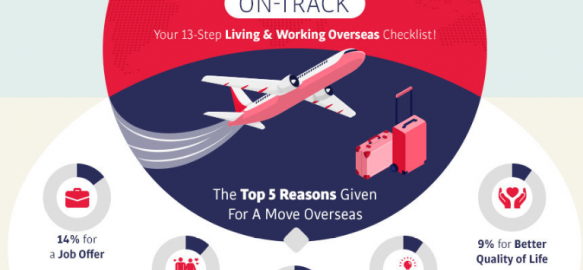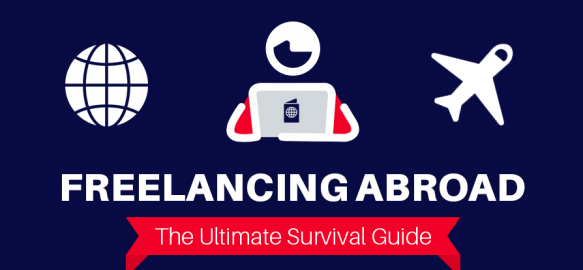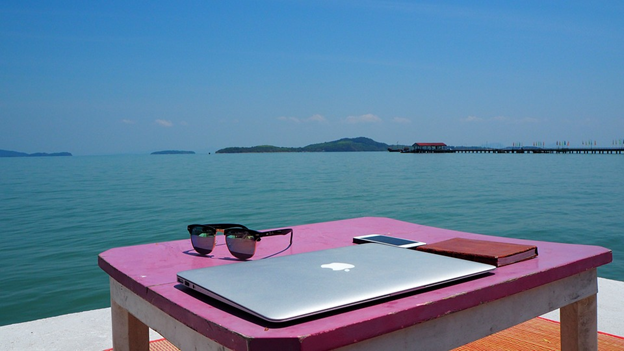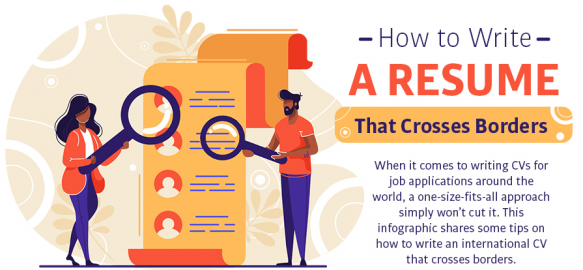These 10 countries make it a little bit easier for entrepreneurs to get their business off the ground.1. Japan
The Japanese marketplace has a reputation for being conservative, old-fashioned, and risk-averse. However, this mindset is beginning to change, and this has contributed to the rapid growth of a start-up ecosystem. In 2018, the Japanese government launched the ambitious J-Startup programme which aims to produce 20 unicorns or listed companies by 2023. According to the Japanese Ministry of the Economy, there are currently 10,000 start-ups in the country. Japan stands out for its sizeable expat community, its highly educated and technically advanced workforce, and strong reputation as leaders in the fields of automotive production and electronics. Some examples of Japanese start-up success stories include Mercari, Hachitama, and SmartNews.

2. Germany
“It is used to be: German business students building German companies for the German market with German investors. Now it is folks from all over the world, building global companies and backed by some of the best investors from around the world.” – Ciaran O’Leary, Earlybird VC
Germany is the world’s fourth-largest economy and the largest European economy. The country offers start-ups a favourable financing environment as well as a transparent business culture and a highly educated workforce. English is widely spoken throughout, and this makes it easier to build a multinational company and attract diverse talent. Some examples of German start-up success stories include SoundCloud, Clue, and Trivago.
3. United States
“The American Dream is still alive out there, and hard work will get you there. You don’t necessarily need to have an Ivy League education or to have millions of dollars start-up money. It can be done with an idea, hard work and determination.” – Bill Rancic, Entrepreneur
The US has a long history and a well-developed culture of entrepreneurship. In addition to Silicon Valley, there are plenty of start-up hubs throughout the country including San Francisco, Austin, New York, San Diego and Atlanta. There has been a positive uptick in the amount of funding being granted to businesses and this has contributed to recent growth in entrepreneurialism. As a result, many people are choosing to immigrate into the US with the intention of starting a business. Some of the best examples of American start-up success stories include Google, Uber, and Facebook.
4. Switzerland
Ranked as the most innovative country in the world in the 2017 Global Innovation Index, Switzerland boasts a long history of investing in research and development. The country benefits from a central location within Europe and this makes trade and recruitment easier for start-ups. In recent years, the city of Zug has become a hub for cryptocurrency and blockchain-based start-ups such as Ethereum and Dfinity, earning it the nickname ‘Crypto Valley.’ According to Business Insider, there are now over 400 companies with a presence in Zug who are members of the Crypto Valley Association.
5. United Kingdom
Did you know that seven out of Europe’s ten VC funds are based in the UK (Source: TechNation)? The UK is home to 37% of Europe’s total unicorn companies. There is a wealth of talent to choose from, with 2.1 million people working in the British digital tech economy. Despite shaky Brexit negotiations and an uncertain future, the UK start-up ecosystem has not stopped producing innovative companies such as Revolut, TransferWise and Perkbox. Start-ups in the UK benefit from the largest English-speaking population in the EU, easy access to European markets, and a highly-educated and technically-qualified workforce.

6. Canada
Canada offers entrepreneurs a robust support system with its ever-increasing group of start-up organizations, events and initiatives. The country has six top innovation regions – Toronto-Waterloo, Montreal, Vancouver, Ottawa, Quebec City and Edmonton. Canada has excelled in a number of specific sub-sectors including:
- Fintech
- Life science and health
- Artificial intelligence
- Big data and analytics
- Advanced manufacturing and robotics
- Gaming
- Blockchain
- Cybersecurity
Canadian start-ups also benefit from a strong talent pool, favourable foreign exchange rate, easy access to the US market, and R&D tax credits. Some top Canadian start-ups include Hootsuite, Shopify, and Kik.
If you would like to learn more about business law in Canada, get in touch with our Corporate Lawyers today.
7. Sweden
In 2015, the Wharton School of Business dubbed Sweden a “unicorn factory”. A Creandum study noted that between 2000 and 2014, Sweden produced 263 exits valued at $23.7 billion. Sweden boasts vibrant start-up hubs in Stockholm, Malmö and Gothenburg. The Swedish talent pool is well-educated, multilingual, and has a high level of technological literacy. While taxes in Sweden are expensive, they do mean that there is a strong social welfare safety net which allows entrepreneurs to take bigger risks. The country’s small domestic market forces start-ups to think internationally from the start. Some inspiring start-up success stories from Sweden include Spotify, Klarna, and Mojang (the creator of Minecraft).
8. South Korea
Since the 1960s, South Korea has seen steady growth and it is now the world’s seventh largest exporter and the 11th largest economy overall. South Korea’s start-up ecosystem is booming, with the total number of start-ups growing from just 2,000 in 1999 to 30,000 in 2015 (Source: The Vanguard). Start-up investments are also rising steadily. In 2017 2.38 trillion was invested in start-ups, growing to 3.42 trillion in 2018. In 2019, the government announced its ambition to bring this figure to 5 trillion by 2022. In 2018, the government launched a regulation “sandbox” that would allow start-ups to apply for a 2-year waiver from the rules to test their products in the market. Examples of successful start-ups from South Korea include Coupang, Bluehole and L&P Cosmetic.
9. China
In the previous ten years, the East Asian country has experienced a lively and dynamic startup sector. China promotes a favourable business climate for fostering and growing companies. In fact, the country is now ranked second in the world for venture capital (VC). In 2017, more than 100 Chinese firms and 34 unicorns were listed on stock exchanges throughout the world, according to research. The number of Chinese startups increased to over 270 the following year. The year 2021 has suddenly become even more significant!
10. Singapore
This small island state was dubbed a “start-up paradise” by Entrepreneur magazine in 2018. With its highly convenient location, Singapore offers a gateway to the nearly 600 million people living in the Southeast Asian region. The government offers positive support to start-ups through innovative policies and significant subsidies. Singapore has a well-developed start-up community with over 100 incubators and accelerators, as well as more than 150 venture capital investors. Some of the most successful start-ups from Singapore include Grab, Garena, and Lazada.
Read the infographic below to discover the 10 most start-up friendly countries in the world.

Click here to learn more about our business and corporate law services.



























Recent Comments